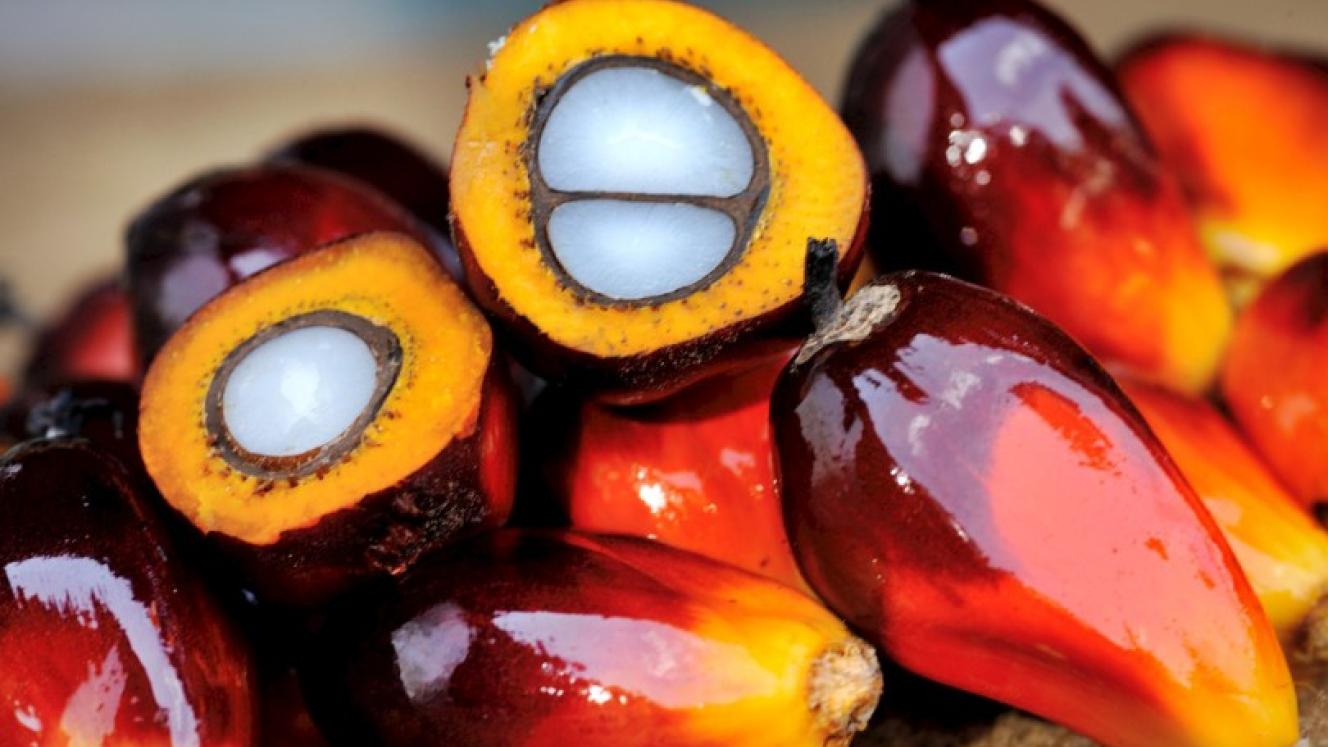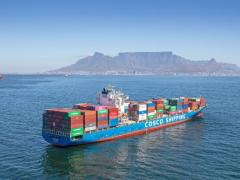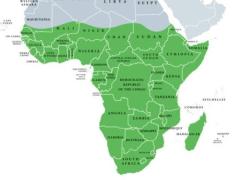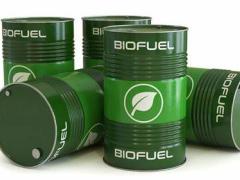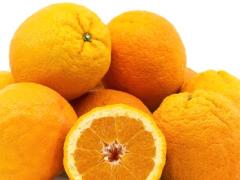Importers of palm oil into South Africa can expect a tax rebate following a successful trade investigation conducted by the International Trade Administration Commission (Itac).
The rebate applies to palm oil used in making cooking oils, soaps and organic surface-active products, says Tonderai Chibasa, manager of the Tariff and Trade Remedies business unit at XA Global Trade Advisors.
The investigation took 371 days to complete and was first initiated on August 2, 2024, after consumer goods company Unilever “argued that palm oil is an essential raw material in its manufacturing process”.
Chibasa says Itac has based its final decision on the contention that palm oil cannot be grown anywhere within the Southern African Customs Union (Sacu) due to unsuitable climate and environmental conditions.
In addition, there is agreement that there is no local substitute for palm oil.
“Although soft oils like sunflower and soybean are produced locally, they are not technically or economically viable alternatives for soap manufacturing without costly modification”, Chibasa says.
He adds that, “with this rebate, Itac acknowledges that local manufacturers face unavoidable input costs that impact their competitiveness”.
Chibasa also points out that it’s a Schedule 3 rebate, meaning it’s exclusively applicable to the application of palm oil within an industry-specific context.
“Manufacturers that use palm oil in the specified processes may apply for a rebate permit to lower their production costs.”
He says that in the past 12 months (July 2024 – June 2025), South Africa has imported roughly R10.3 billion worth of product under the current tariff code.
While the current code is a general catch-all code that can include products other than palm oil, only 9% of these imports were imported under the existing rebate for palm oil used in the manufacture of edible oil mixtures, Chibasa says.
“This underutilisation raises questions: are manufacturers failing to take full advantage of available rebate provisions? Or is there scope for more rebates, given Itac’s confirmation that there are no local producers of palm in Sacu?”
Chibasa adds: “Alternatively, it may be more practical to remove the duty altogether, (and) create a separate tariff code since there is little likelihood of someone setting up a plant locally in the near future. Such measures ensure that essential inputs not available locally do not become a bottleneck to competitiveness.”
